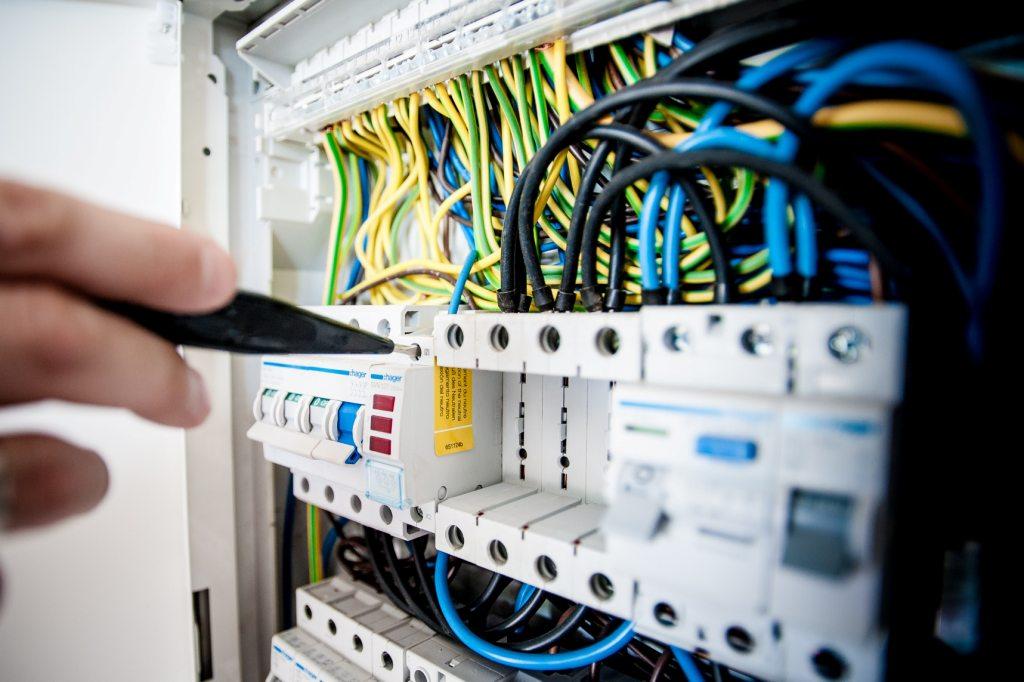Those who need more freedom and resources to run their own web apps, normally seek dedicated hosting solutions. In this kind of hosting, an entire server is allocated to a user and no other user shares the data on the server or the server space. But, managing the technicalities like setting up the server, restarting it whenever the need arises, taking data back-ups, granting appropriate file permissions, and all the other complicated tasks isn’t everyone’s cup of tea. This is precisely where the concept of managed dedicated hosting comes into play.
There has been no clear cut definition of managed dedicated hosting to date. This allows the service providers to use the industry standard terminology, but at the same time, they enjoy the freedom of giving different meaning to it.
For some of the providers, it is all about having a web based control panel, and for the others it is about having a team of dedicated system experts who are always at the service of customers, to take care of all the network and server related issues.

So, I would like to throw some light on the essential components of managed dedicated hosting. –
1. OS & Browser Updates: These updates are of utmost importance as it is very essential that a client’s website is compatible with the latest versions of all browsers. These can also refer to an update of the OS on which, the server is currently running. As mentioned earlier, such technical terms signify different meanings to different providers.
2. Application Update: Just like OS update, an updating an application is equally important; this plays a big role in managed hosting, especially when the discussion boils down to updating web apps, and programs like WordPress and Joomla blogs, which get outdated pretty soon, and instances running older versions become highly vulnerable to security threats.
3. Server Monitoring: It is a much bigger task than just website monitoring. The one who monitors the website clearly knows about the number of services that have gone down at a particular instant of time.
4. SNMP Monitoring: SNMP stands for Simple Network Management Protocol. Monitoring SNMP hardware involves the process of monitoring devices like switches, routers, workstations, printers etc.
5. Application Monitoring: Normally, a reliable software program is used for this purpose that assures smooth running of all the applications and intimates the administrator, in case of any issues.
6. Application Management: Applications in web hosting can be a vast field itself. There can be numerous applications running on a dedicated server at the same time. Thus, it becomes quite important to keep a close eye on them and track them.
7. Technical Support: Well, this is a basic requirement of any kind of hosting and prompt tech & customer support becomes even more crucial in case of managed dedicated hosting. There should always be a technical team ready for any kind of issues raised by any of the clients.
8. Disaster Recovery: This component is again very important as the client would still like to have all his/her data back even if the server is hit by a natural or human disaster.
9. Load Balancing: This involves distribution of work load across a computer cluster, CPUs, network links or disk drives. The workload distribution is done in order to utilize the available resources to the fullest extent.
10. Intrusion Detection: This is all about detecting any kind of trespassing or intrusion, which can lead to compromise of integrity and confidentiality of the available resources.
Of course, the list is not exhaustive by any means, and these are merely some of the essential components of managed dedicated hosting. There are even better hosting firms that offer additional components in their managed dedicated hosting plans like programming consultation, user management, security audits, and much more.